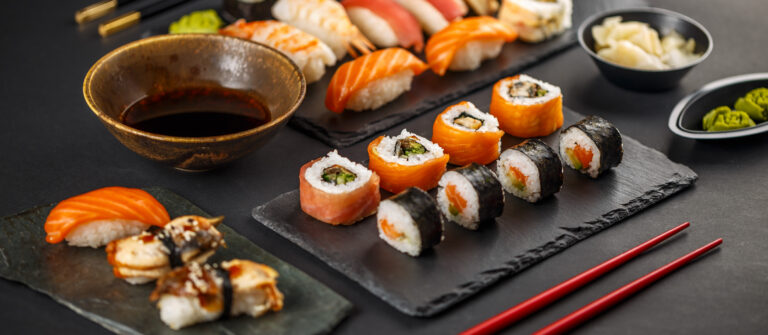Introduction: What is Zen Buddhist cuisine?
Zen Buddhist cuisine, also referred to as shojin ryori, is a traditional Japanese cuisine that is rooted in the principles of Zen Buddhism. This type of cuisine emphasizes simplicity, balance, and mindfulness in preparation and consumption. Unlike other Japanese cuisine, Zen Buddhist cuisine is entirely plant-based and devoid of any animal-based products.
Key elements of Zen Buddhist cuisine
The key elements of Zen Buddhist cuisine include the use of fresh, seasonal ingredients, minimalism in preparation, and an emphasis on presentation. The dishes are often simple and free from any form of seasoning, apart from salt and sugar. Zen Buddhist cuisine also places a lot of importance on the texture and color of the food, with each dish being carefully crafted to provide a balance of flavor, texture, and visual appeal.
The origins of Japanese Zen Buddhist cuisine
The origins of Zen Buddhist cuisine can be traced back to the 7th century when the Chinese monk, Jianzhen, introduced the principles of Zen Buddhism to Japan. The cuisine was initially developed to meet the needs of monks who were required to undergo a strict diet as part of their spiritual practice. The cuisine quickly gained popularity among the general population due to its health benefits and simplicity in preparation.
Influences on modern Japanese cuisine
Zen Buddhist cuisine has had a significant impact on modern Japanese cuisine, with many restaurants incorporating elements of shojin ryori into their menus. The focus on fresh, seasonal ingredients and minimalism in preparation has become a hallmark of Japanese cuisine, with many restaurants adopting a similar approach to their dishes. Additionally, the popularity of Zen Buddhism in Japan has helped to raise awareness about the benefits of vegetarianism, leading to an increase in the availability of plant-based options in restaurants.
Traces of Zen Buddhist cuisine in international cuisine
The influence of Zen Buddhist cuisine has also spread beyond Japan, with many international chefs incorporating elements of this cuisine into their menus. The emphasis on fresh, seasonal ingredients and minimalism in preparation has become a hallmark of contemporary cuisine, with many chefs around the world adopting a similar approach to their dishes. Additionally, the emphasis on mindfulness and balance in Zen Buddhist cuisine has helped to popularize the concept of mindful eating, leading to an increased interest in vegetarian and vegan cuisine.
Conclusion: The enduring impact of Zen Buddhist cuisine
In conclusion, Zen Buddhist cuisine has had a significant impact on Japanese cuisine and has also influenced the development of contemporary cuisine around the world. The focus on fresh, seasonal ingredients, minimalism in preparation, and the importance of presentation has become a hallmark of this cuisine. The enduring influence of Zen Buddhist cuisine is a testament to the importance of mindfulness, balance, and simplicity in our lives, both on and off the plate.

